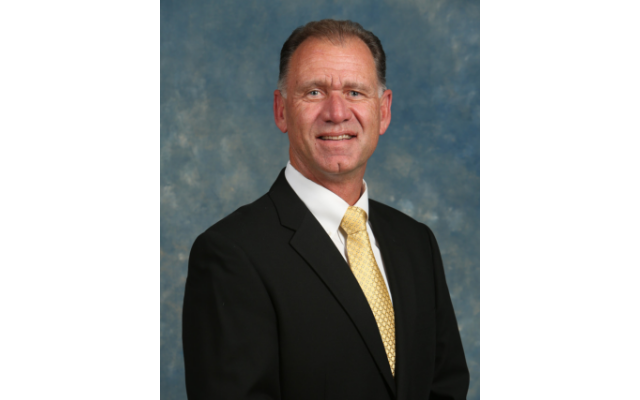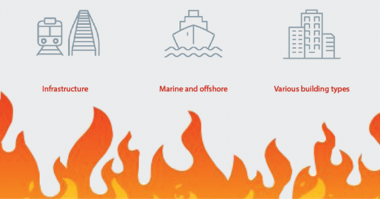A holistic approach that focuses on lifecycle cost instead of first costs, and includes supportive regulation, incentives, education, and collaboration to deploy existing technologies is key to achieving sustainable cooling for all.
Danfoss last week addressed the challenges and opportunities of sustainable cooling during a workshop hosted by The World Bank in Washington, D.C. For the session, John Galyen, president of Danfoss North America, joined moderator John Roome, senior director, climate change, World Bank, and representatives from government, NGOs, and research in a panel discussion on making cooling technologies sustainable, accessible, and affordable—in both developed and developing countries.
“The industry has a proven track record of meeting both refrigerant and energy-efficiency challenges, especially in developed countries,” Galyen said. “The challenges in developing countries are different because comfort cooling and cold chains are not as well-established—and these are places where population growth, and therefore cooling demand, is concentrated.”
“The good news is that we have available, proven technologies and best practices to provide sustainable and energy-efficient cooling solutions.” In fact, the International Energy Agency’s (IEA) recent report, “Future of Cooling,” shows that even though energy demand from air conditioning alone is expected to triple, deploying the most energy-efficient technologies can halve the impact of the energy needed for space cooling.
He also noted that in developing countries a significant challenge exists due to a focus on the first cost of more advanced technology.
“We need to change the focus to lifecycle costing, and we need the public and private sectors to lead in providing education, training, and support,” Galyen explained.
For example, in India, where it is estimated that 40 percent of all perishable food is lost due to an inadequate cold chain, Danfoss worked with the Confederation of Indian Industry to create a new process called “Banana Festival” that would help farmers implement best practices and strengthen education on post-harvest management. This collaboration of private and public organizations has resulted in the ability of banana farmers to more than double their productivity and sell their crops to Europe for the first time.
“If food waste were a country, it would be the third largest emitter of greenhouse gas emissions—and while one billion people go to bed hungry, 1/3 of all food is lost due to inefficient or non-existent cold chains,” Galyen said. “Imagine the impact sustainable, reliable, efficient cooling could have on health and environment. Therefore, it is imperative that we continue to work together to optimize cold-chain infrastructure around the world.”
“In the next 10 years, industry will play an increasingly vital role in decarbonizing our economies, especially in the areas of full system optimization and integration as the world becomes more digital and connected,” Galyen suggested.
Supermarkets, which are one of the most energy-intense—and one of the most advanced and connected—buildings, provide a good example and source of best practices. Because supermarkets tend to be owner operated, performance, efficiency, and sustainability are critical to their customers and bottom line. As a result, supermarkets often design, commission, and continuously monitor systems and stores, and invest in technologies like VFDs, thermal storage, natural refrigerants, and heat recovery.
The potential for energy-efficient, sustainable cooling is significant when systems are optimized and connected. For example, a supermarket in Denmark reduced its electrical costs by 50 percent by installing a digital smart solution that optimizes energy use across all applications, including lighting, refrigeration, and heating.
“The industry has proven we can meet technological challenges,” Galyen said. “Now we need to take a holistic approach that includes supportive regulation, incentives, education, and collaboration to deploy the proven technologies that are available today—and take these best practices to developing countries so we can achieve sustainable cooling for all.”
Other panelists in the workshop included:
- Victor Urrutia, Minister of Energy of Panama
- Ricardo Lara, U.S. Senator (CA)
- Ajay Mathur, Director General, The Energy & Resources Institute (TERI)
- Rachel Kyte, CEO, Sustainable Energy for All
- Riccardo Puliti, Senior Director, Energy Global Practice, World Bank
- Iain Campbell, Managing Director, Rocky Mountain Institute





Comments